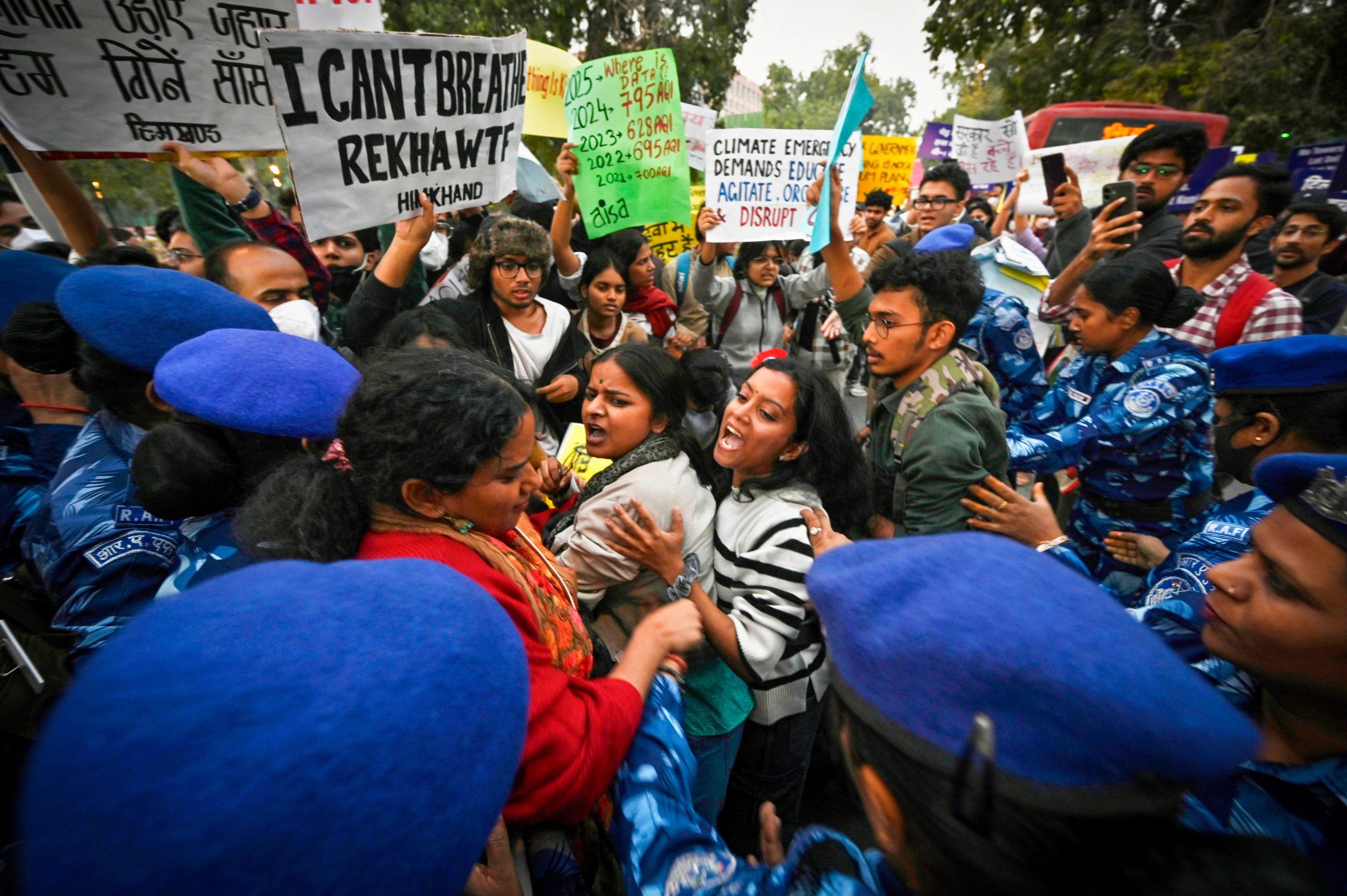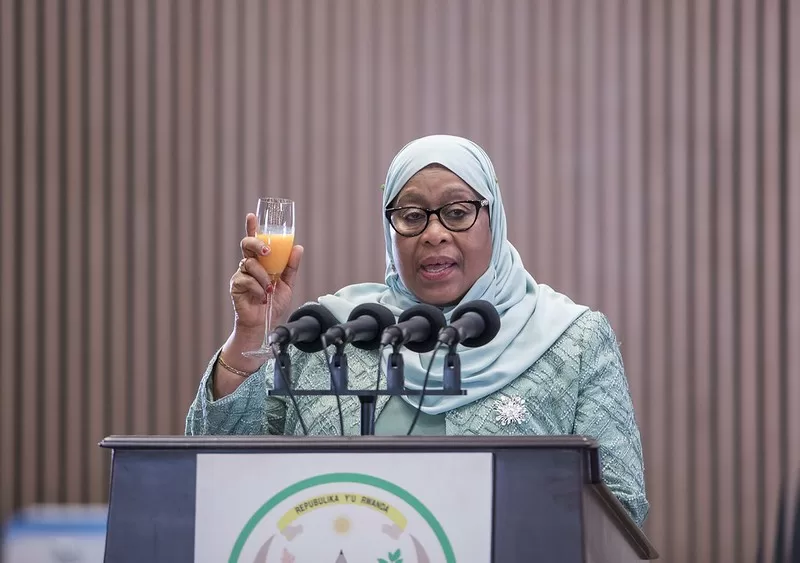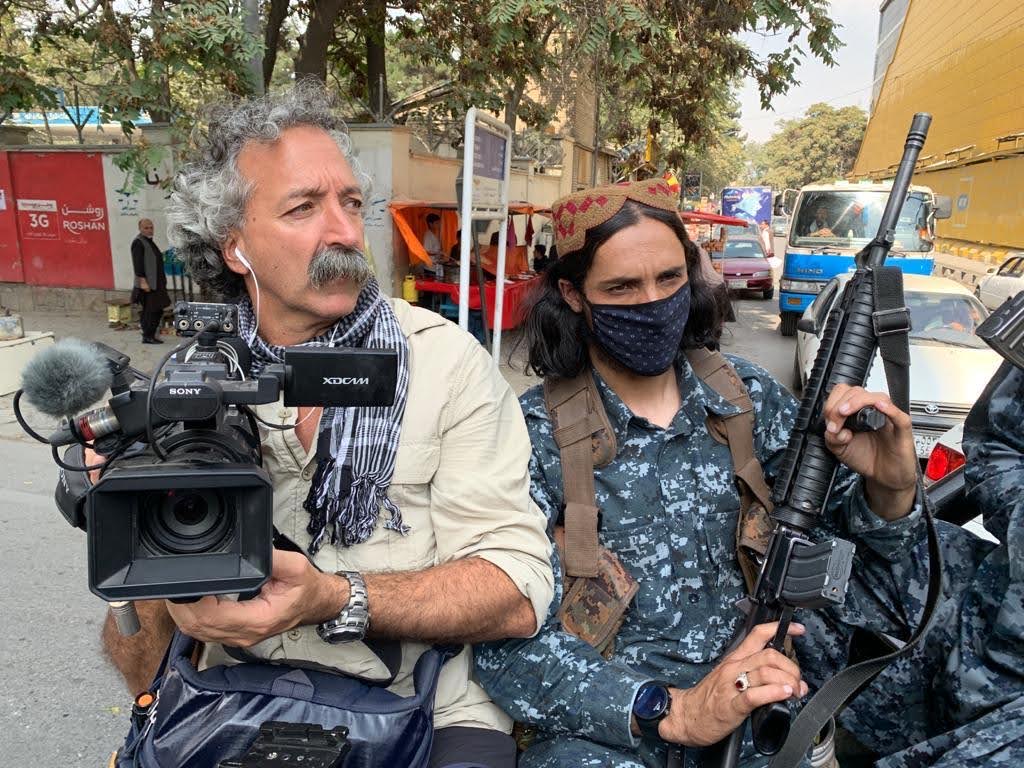For years, many of the world’s most polluted cities were in China. I was in Beijing during the “airpocalyse” peak and it felt like living in an ashtray. Everyone could see the problem. Except not everyone could talk about it. The US Embassy’s popular and trusted air quality data feed – a constant source of irritation for the authorities, contradicting as it did the government’s own data – was sporadically blocked, including in 2014 during the Apec summit. Viral jokes, memes and photos posted on particularly bad days were frequently removed.
Then in 2015 a documentary was produced. Under the Dome challenged the government’s inadequate response and confronted head on the line that what citizens were experiencing was simply fog. The film was initially endorsed by Beijing and within days of its release it had been viewed by hundreds of millions. Except its success was its flaw. One week in and the film was taken offline.
The thing about air though is that it largely doesn’t discriminate. Yes, the wealthy can buy top-of-the-range air filtration systems but eventually everyone needs to go outside. And so as much as the Chinese Communist Party might have felt uncomfortable by the popularity of the film, they felt more uncomfortable about the shoddy quality of the air. They acted. Today air quality in China is seismically better than a decade prior.
There’s a sense of déjà vu looking at India today. In Delhi, where pollution now kills more people than obesity or diabetes, residents are frustrated that they might not be getting the full truth – allegations have even been made that the BJP tamper with the city’s pollution data, claims they have denied. And the population is frustrated that the government is doing little to deal with the issue. So last weekend a protest was planned. A striking poster for it read “We Rise While We Choke”, accompanied by a picture of a two people in heavy-duty masks embracing. The protest didn’t go as planned. In the days leading up to it, Delhi police made hundreds of calls and home visits to those who were galvanising crowds. On the day itself, the police shut down India Gate, the meeting point, and detained close to 100 protesters. The next day, a police case was filed against the organisers.
One of the main organisers of Sunday’s protest, Saurav Das, told Index that the police’s actions were “completely uncalled for”.
India has form more broadly when it comes to threatening people speaking out on the climate. In Tamil Nadu in 2018 police fired into crowds of protesters who were opposing the expansion of a copper smelting plant, killing 13. In 2021 Disha Ravi, a founder of Fridays for Future India, was arrested and accused of sedition. These are just two examples in a pattern of increasingly hostile and dangerous conditions for environmental defenders under Narendra Modi.
For Das, Sunday’s protest “was a small act of resistance against the taking away of their democratic spaces”.
Free speech should not be a luxury. Nor should clean air. The sooner Indian politicians realise this the better.






